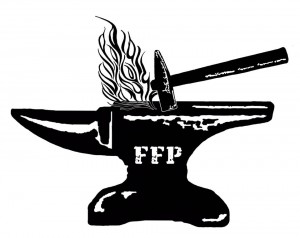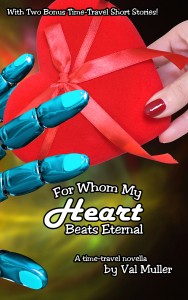Chapter 12 of the continuing saga of Remy comes to us from Deborah Dera. Deborah traditionally ghostwrites articles and stories but is in the process of finishing up her first eBook to be released on the Kindle platform later this year. Keep your eyes peeled!
Next week’s chapter will come from RC Bonitz, author of A LITTLE BIT OF BLACKMAIL and A BLANKET FOR HER HEART, both available from Amazon or B&N. He’s looking forward to the release of A LITTLE BIT OF BABY, due in September.
The Spot Writers’ blogs appear at the end of this story. Don’t forget to check them out.
***
Chapter 12
A movie and a few drinks had left Remy feeling relaxed and refreshed. She’d ignored the unknown caller and had shut her phone off as soon as Alison picked her up. She hugged her friend tightly before getting out of the car.
“Thank you so much, Alison. I didn’t realize how stressed I was over the entire week. A night out was just what I needed.”
“Don’t let some guy you barely know drag you down, Remy. You already know he comes with a bit of baggage and that’s all you need to know. Do you really need answers?”
“No. No, I guess I don’t.” Remy smiled weakly at her friend, feeling uneasy for the first time that night. She wished she could fool herself into believing she didn’t need answers, but she knew she wanted them and she felt violated by the unknown calls and texts.
Remy waved as Alison pulled away from the curb. She started up the path that led between the buildings when she felt a presence behind her. She turned and saw a figure walking up the block, from the direction of The Corner Pocket. She recognized his broad shoulders and wished she hadn’t paused as Jeremy rushed to catch up to her.
“Remy! Remy, wait!” Jeremy picked up his pace and was quickly approaching. Remy held up her hands as if to ward him back.
“What do you want, Jeremy?”
“I thought we had a date tonight. After work? That’s what you said.”
This was getting ridiculous. “Actually, Jeremy, my exact words were ‘I don’t know.’ As in, I don’t know if I want to talk to you or hear your tale of woe.” Her words sounded harsher than she had intended them to be.
Jeremy stepped a little closer – close enough for Remy to smell the liquor on his breath and notice the wobble in his step. She was surprised to see his eyes darken with anger.
“No,” he hissed. “You said we’d talk. You lied to me.”
“I – did – no – such – thing,” Remy enunciated angrily. She turned back to the path leading towards the buildings when she felt a strong hand grab her upper arm.
“We’re going to talk. We’re going to talk now, Remy.”
“Get your hands off of me!” Remy tried to pull away but she couldn’t. She struggled only as long as it took Jeremy to pull the small switchblade from his jacket pocket. Remy paled as she looked from the blade to Jeremy’s insistent eyes.
“I just want to talk. Come on.” He pulled her up the path and turned away from her building, dragging her towards his own door.
“Fine. Fine! Jeremy, fine! We’ll talk. But please, let’s go back up to my place instead. That way if Barbara decides to stop by she won’t know where to look for you.” Remy silently congratulated herself for thinking on her feet. She wasn’t sure what she’d do in her own condo, but she had no plans of letting Jeremy drag her into unfamiliar territory.
“Whatever,” Jeremy growled. He quickly turned heel and turned instead towards Remy’s entrance.
It wasn’t until they were at the base of the dark landing that Remy realized there was another figure sitting on her top step. As the motion-activated light switched itself on, Dr. Sam Kendrick stood up to assess what was not the situation he’d hoped to encounter as he’d waited for the past half hour to talk to Remy, concerned about the phone calls he’d had traced earlier in the day.
“What’s going on here?”
The Spot Writers- our members:
Catherine A. MacKenzie – http://writingwicket.wordpress.com/wicker-chitter/
Jessica Degarmo – http://www.jessicadegarmo.com/
RC Bonitz – http://www.rcbonitz.com
Val Muller – https://valmuller.com/blog
Deborah Dera – http://www.deborahdera.com






